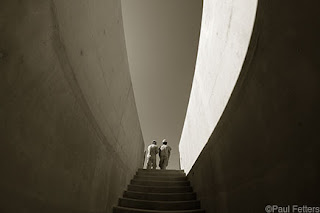Status quo, by Nancy Chek
Status Quo
Human beings are not objects—well, actually, we are objects, even if we also are so much more. In groups, especially the large groups we call culture, we do exhibit tendencies that Newton applied to objects in his laws of motion.
First law: An object at rest will remain at rest unless acted on by an unbalanced force. In other words, objects tend to keep on doing what they’re doing.
We don’t even know the status quo quietly informs us from deep in the background, unobserved, unchallenged, invisible, telling us to pay no mind. Things may not be wonderful, but “they are what they are.” The status quo allows for complaining: That keeps everything the same. And oh, when everything is “fine”--wow! Such a drug, such a soporific. Back-patting also keeps everything the same. The status quo lulls us: It’s fine. Go back to sleep.
CDC discovers a bunch of anthrax samples from long ago—
The status quo had “informed” them:
Nobody gets anthrax any more. We’re the best. We’ve never had accidents. Filing = out of sight, out of . . . . And there’s really nothing to see, since that stuff’s so small . . . .
Nuclear reactors –
The job of checking seams and valves and all the safeguards is really boring, and nothing has happened so far, we’re such an advanced society, so. . . . Yeah, check, check, check . . . .
The status quo probably “informed” the Darwin Award winners: You haven’t died yet, you wild and crazy guy, and you always make your buddies laugh, so one more stunt probably won’t hurt . . . .
Every prospectus warns: Past performance is not an indication of future performance. The status quo says: Yeah, they have to say that. Don’t worry about it.
When you consider the PULL, the seduction of the status quo to “hold the line,”—after all, “if it ain’t broke, don’t fix it”—you have to admire the CEOs who GO FOR IT, who are never content to rest on any laurels, who always look for ways to blow the lid off performance NOW instead of waiting for signs of trouble. The great ones possibly consider complacency the biggest sign of trouble.

Comments
Post a Comment
We appreciate your input and look forward to your comments. We review messages prior to posting.